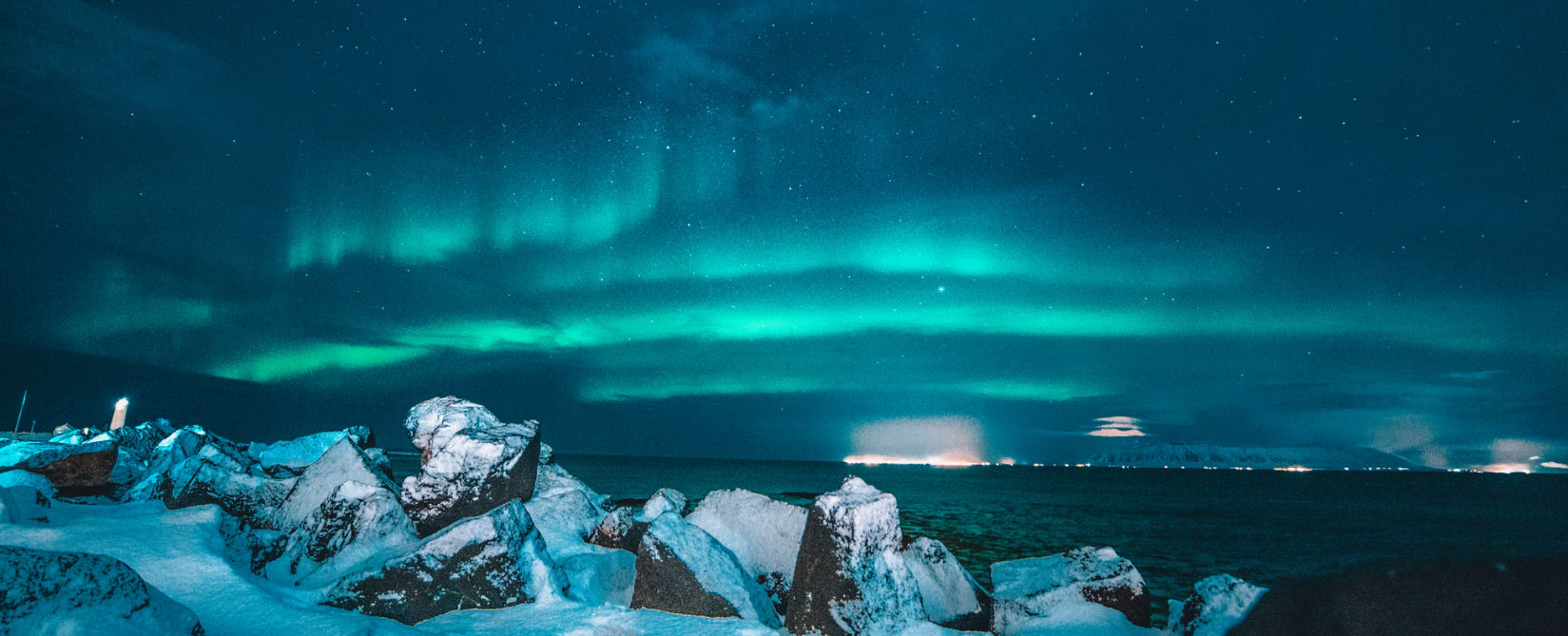The History of Iceland
Iceland is a small island nation located in the North Atlantic Ocean, known for its unique culture, stunning landscapes, and harsh weather conditions.
Iceland was first settled by Viking explorers in the late 9th century. According to Icelandic sagas, the first permanent settlement was established in AD 874 by Ingólfur Arnarson, who named the site Reykjavik, meaning “smoky bay.” Over the next few centuries, more settlers arrived from Norway, bringing with them their language, culture, and traditions.
During this time, Iceland was a free and independent state, governed by chieftains who ruled their own territories. This unique system of government, known as the Icelandic Commonwealth, lasted until the late 13th century when it was abolished and the country came under Norwegian and later Danish rule.
Iceland gained its independence from Denmark in 1944, after a referendum in which over 98% of Icelanders voted in favour of independence. The country subsequently adopted a democratic form of government, with a president as the head of state and a prime minister as the head of government.
In the decades that followed, Iceland underwent a rapid social and economic change, transforming from a largely rural and agricultural society to a modern, urbanized one. This process was aided by the discovery of valuable natural resources, including fish stocks and geothermal energy, which allowed the country to develop a strong economy and a high standard of living.
Today, Iceland is known for its vibrant culture, breathtaking natural landscapes, and thriving tourism industry. The country is home to a unique language, Icelandic, which has remained largely unchanged since the Viking settlement. Icelanders are proud of their cultural heritage and are known for their love of literature, music, and art.
Tourism has become a major industry in Iceland, with visitors flocking to see the country’s stunning glaciers, waterfalls, geysers, and other natural wonders. The country has also become a centre for environmental and sustainability initiatives, with a strong focus on harnessing renewable energy sources and protecting its fragile ecosystems.
Iceland’s history is a fascinating and complex one, marked by the legacy of Viking explorers, the struggles for independence, and the rapid social and economic changes of the modern era. Today, Iceland is a thriving democracy and a unique cultural and natural destination, attracting visitors from around the world who come to experience its rich history and breathtaking beauty.
The History of Iceland FAQ
Iceland was first settled in the 9th century by Norse explorers and settlers, primarily from Norway and the British Isles.
Iceland’s history is marked by early parliamentary democracy (the Althing), sagas of Viking settlers, and its isolation, which preserved much of its culture and language.
The Althing, established in 930 CE, is one of the world’s oldest surviving parliaments and a cornerstone of Icelandic identity and governance.
Iceland became a fully independent republic in 1944, after centuries of rule under Norway and then Denmark.
[this article originally appeared on 5MinuteHistory.com on 25 February 2023]






